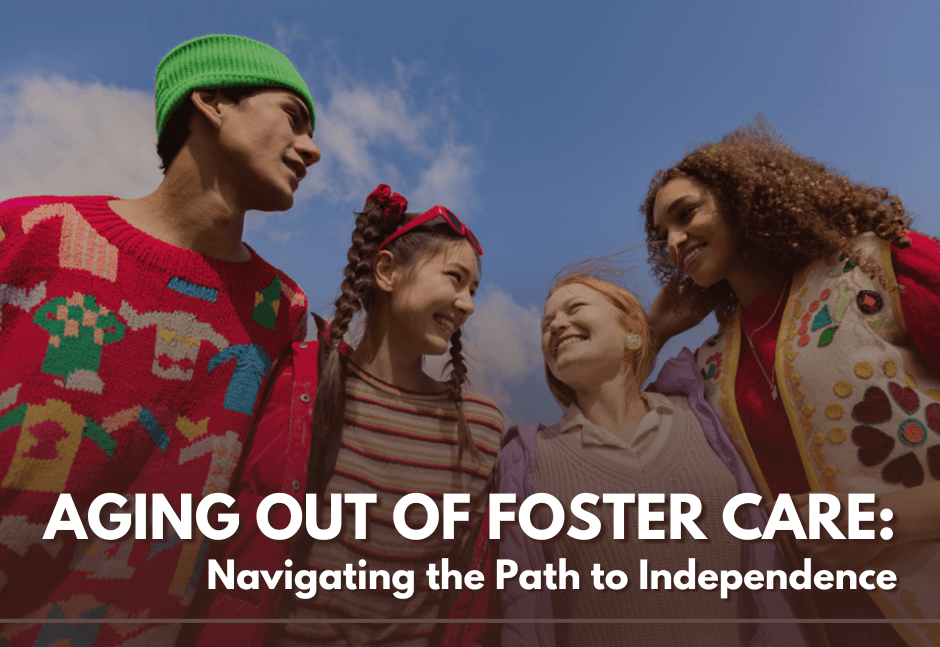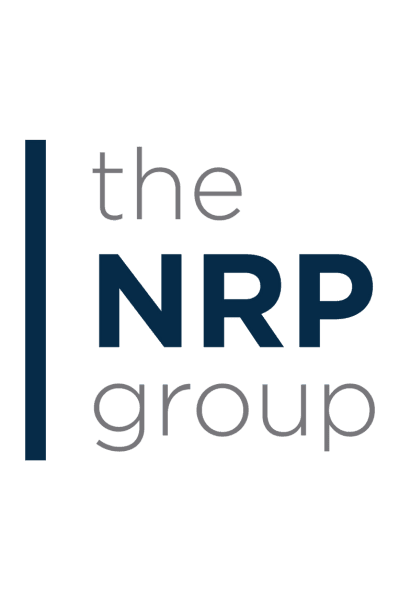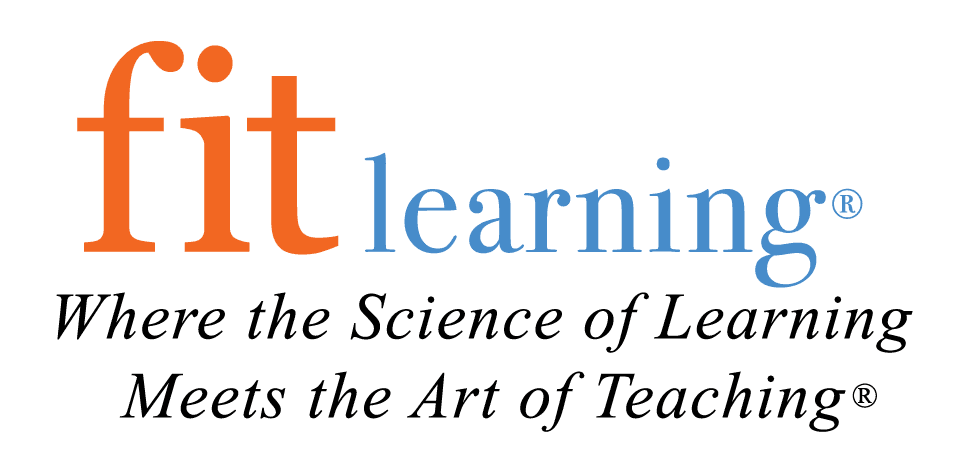
Every year, approximately 20,000 young adults age out of the foster care system in the United States—stepping into the adult world without the safety net of family and navigating life independently.
Emancipation from foster care occurs when young adults turn 18 or graduate from high school without a permanent family. This situation, commonly called “aging out,” puts youth at risk of encountering difficulties in securing a stable living situation, completing their education, and finding employment.
Support Programs for Emancipated Youth
Recognizing these challenges, many organizations and programs are dedicated to supporting emancipated youth. Bridges, a voluntary program available to young adults who leave foster care between ages 18 and 21, is a notable example.
“The objective is to help youth transition smoothly, help them find resources, and get them set up so they’re doing okay by the time they reach the age of 21,” said Tonya Reece, supervisor of Bridges at Beech Brook. “We don’t want youth who are aging out of foster care to be on their own without any assistance.”
The program offers support for those in school, working, participating in an employment program, or dealing with a medical condition that prevents them from working or attending school and provides stipends to help with rent, utilities, and other basic needs, as well as case management and monthly visits to ensure stability.
Preparing for Independence
In Ohio, preparation for emancipation begins at age 14 when county agencies conduct life skills assessments to determine the most beneficial independent living services for each youth. Despite such preparatory measures, many young adults struggle with the realities of post-emancipation life, particularly concerning housing. “A lot of places don’t want to rent to young adults, so that can be a barrier,” noted Reece. “A lot of our youth would not have a cosigner and some of our kids have never held a job before.”
Without the family support often given to young adults during the transition from high school to college or the workforce, it can be more difficult for emancipated youth to acclimate. The notion that youth who are or were in foster care are simply “troubled kids” is a common misconception, claimed Reece. She emphasized the diverse experiences and traumas that foster youth have endured. “If you’re not in the foster care world, you really don’t understand the magnitude of what some kids have been through. Everyone handles their trauma differently,” she explained.
New Regulations for LGBTQI+ Youth in Foster Care
Human Rights Campaign reports that approximately one in every three youth in foster care identifies as LGBTQI+, a higher percentage compared to the general youth population. These LGBTQI+ youth often face distinct difficulties, such as discrimination, stigma, placement instability, and a lack of affirming services.
New regulations issued by the Children’s Bureau to provide comprehensive protections for LGBTQI+ youth may help lessen those disparities. Effective July 1, 2024, these regulations establish a structured mechanism for families to become Designated Placements for LGBTQI+ youth, requiring states to inform LGBTQI+ youth about such placements and ensure access to them.
Reece suggested several additional policy changes to improve outcomes for emancipated youth, including increased financial support. “I'd like to see initiatives where we can provide a little more financial support, sometimes, because the cost of living is high, especially with rental places. I think that monthly stipends should be increased as the cost of living increases,” she said. Reece also suggested extending the age limit for support programs to 23, noting that “at 21, you're still just trying to find your way.”
Moving Forward
The new regulations by the Children’s Bureau are a step in the right direction for supporting youth in foster care, aiming to provide safe and affirming environments for all. By ensuring access to designated placements that cater to unique needs, these regulations could significantly improve the transition into adulthood for foster youth.
However, the broader issue of emancipation remains a critical priority. Programs like Bridges play an essential role in supporting these young adults, but there is a continuous need for comprehensive support systems to help all youth transitioning out of foster care.
In addition to systemic changes, community members can make an impact by supporting foster youth on an individual level. Reece emphasized the importance of mentoring and community support for youth aging out of foster care. “If you know someone that's aging out or has aged out, be a mentor, take them under your wing,” she advised. “Our liaisons do a lot of mentoring too, but additional community support can make a big difference.”
Peer Support and Advocacy Opportunities
“Nothing About Us Without Us” is a profound slogan regarding youth and transition-age youth in the child welfare system. There are many ways to plug in with others who share similar life experiences to find support and magnify youth's collective voice. Two of those ways are through the Ohio Youth Advisory Board and Alumni of Care Together Improving Outcomes Now Ohio (ACTION Ohio).
The Youth Navigator Network offers additional support for young people up to 23 years old who have had an open case with children's services, are in foster care, or have aged out of care. This program assists with accessing resources, navigating complicated forms and processes, and building networks of connections and support. To get in touch with a Youth Navigator, you can text, call, or email by visiting ynn.ohio.gov.
As we strive to support young adults transitioning out of foster care, it’s clear we need everyone on board. By working together on both big policy changes and individual efforts, we can make sure these young adults have what they need to succeed.
Adoption Network Cleveland provides support and assistance through our Helpline—which offers support and information in an informal yet professional manner and an empathetic, non-judgmental ear eager to address your adoption and foster care-related questions. To get in contact with us, call (216) 325-1000 or visit adoptionnetwork.org. To learn more about Bridges, visit jfs.ohio.gov.













